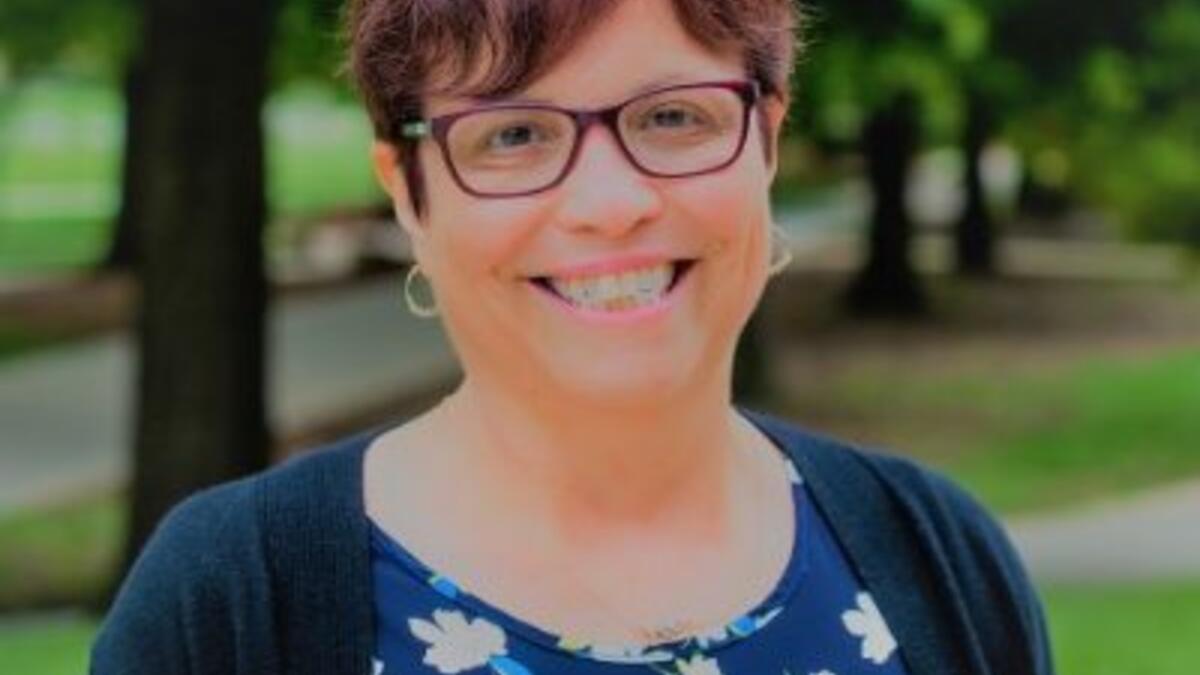Stella Rouse named new director of Hispanic Research Center at ASU

Stella Rouse
This month, Stella Rouse joined Arizona State University as the new director of the Hispanic Research Center and professor in the School of Politics and Global Studies.
Rouse comes to ASU from the University of Maryland, where she began as an assistant professor in 2008 after finishing her PhD, and has served in various leadership positions over the years while continuing to teach.
Her most recent position was as the director of the Center for Democracy and Civic Engagement from 2019 to 2022, helping lead the center through several initiatives.
Rouse said her 15 years at the University of Maryland allowed her to become a better educator, researcher and leader. Now Rouse feels it is time to advance her career and focus on specific interests.
“It was sort of right place, right time. I hit a point where I felt I needed to move on to a new, exciting chapter of my life,” she said. “I have accomplished a lot at Maryland, but moving forward will allow me to focus more on my passions.”
Rouse’s background has prepared her to lead the center, housed in The College of Liberal Arts and Sciences, into the future.
“The Hispanic Research Center is an integral part of our ASU history. Given our new designation as a Hispanic-Serving Institution, I am excited about the center’s future,” said Magda Hinojosa, dean of social sciences in The College. “I am thrilled to welcome Stella and see the impactful work that she brings to ASU and the broader community.”
Rouse received her bachelor’s, master’s and doctoral degrees in political science from Louisiana State University. As she progressed in her education, she focused on youth identity, youth politics and Latino politics.
She is the author of “Latinos in the Legislative Process,” which explores the rapid growth of the Latino population in the U.S. and how well this group’s presence translates into legislative influence, according to the book’s description.
She has also contributed to peer-reviewed journals on American and identity politics and written articles for The Washington Post, The Hill, Reuters and The Conversation.
“I want this center to be one with ASU and the community. A place where not only local history gets preserved and displayed, but also a place of belonging. The College and ASU are multidisciplinary, and I want to spread that knowledge and work in the Hispanic Research Center universitywide.”
Her vision and ideas align with the university's hopes for the center, which include assuming “fundamental responsibility for the economic, social, cultural and overall health of the communities (ASU) serves,” as stated in ASU’s charter.
“As I worked through my vision and goals with the provost's office, the deans and other leadership at ASU and in The College, I felt their support,” Rouse said.
“The support, opportunities and vision all lined up with what I believe in, and it felt like the move to make after hearing everyone’s thoughts and opinions of what the center could be.”
More Arts, humanities and education

ASU instructor’s debut novel becomes a bestseller on Amazon
Desiree Prieto Groft’s newly released novel "Girl, Unemployed" focuses on women and work — a subject close to Groft’s heart.“I…

‘It all started at ASU’: Football player, theater alum makes the big screen
For filmmaker Ben Fritz, everything is about connection, relationships and overcoming expectations. “It’s about seeing…

Lost languages mean lost cultures
By Alyssa Arns and Kristen LaRue-SandlerWhat if your language disappeared?Over the span of human existence, civilizations have…

